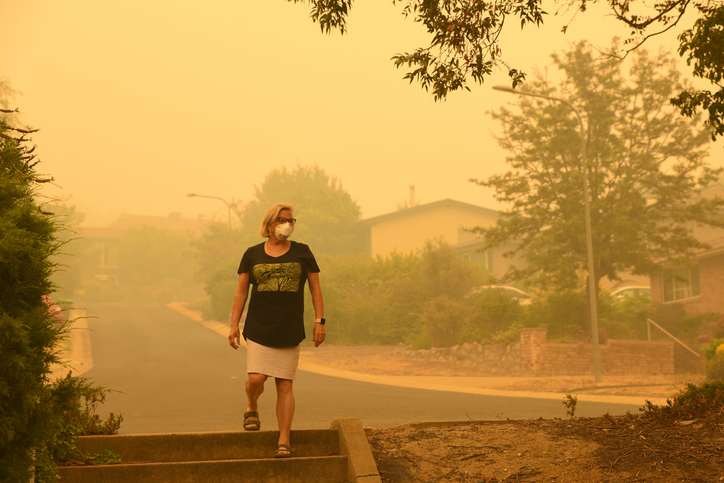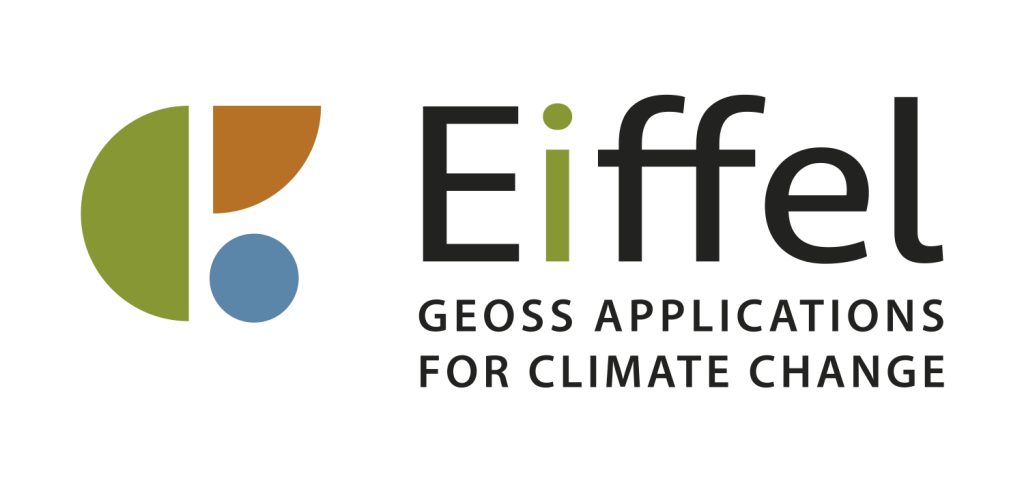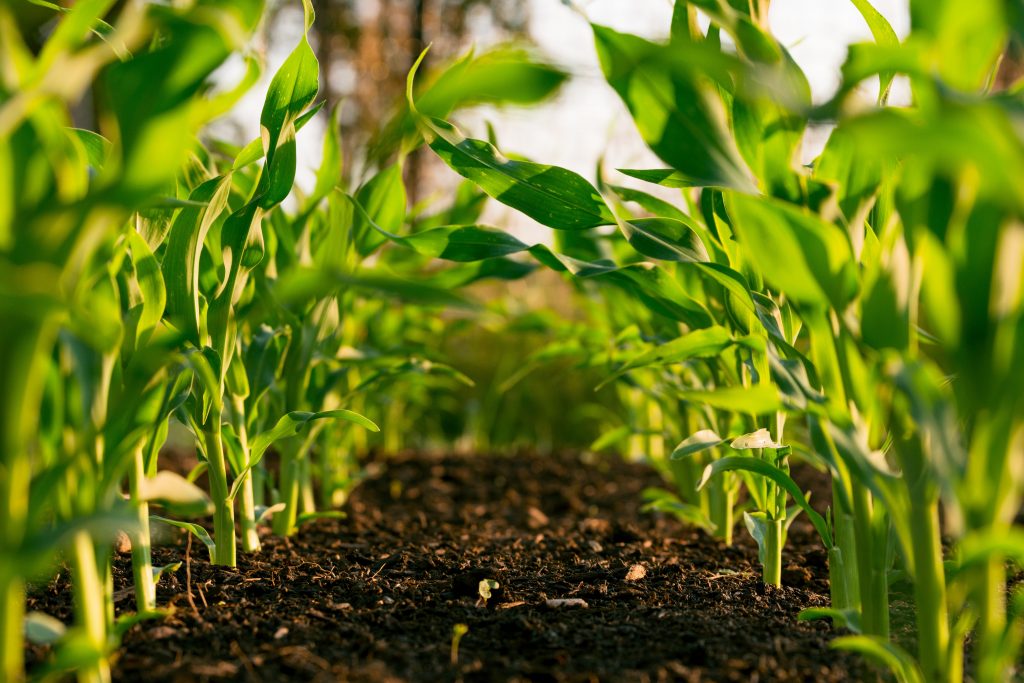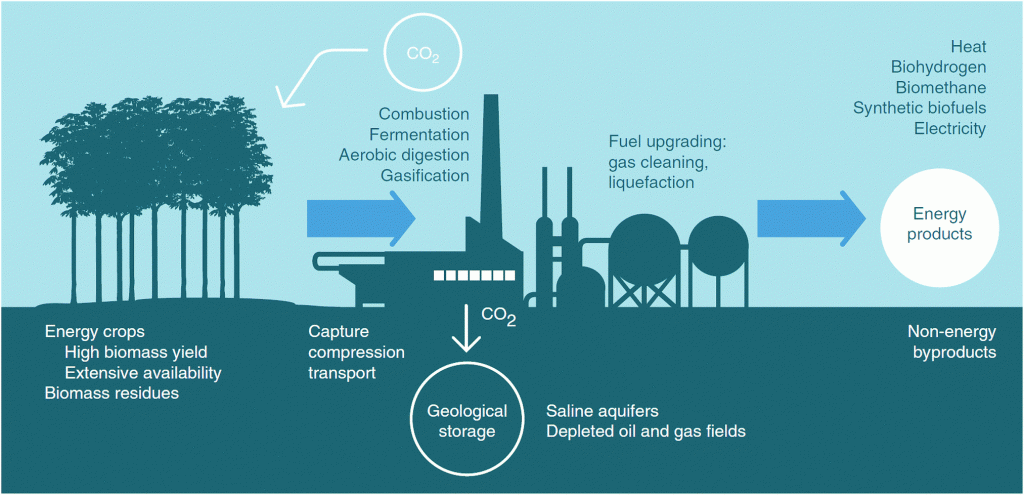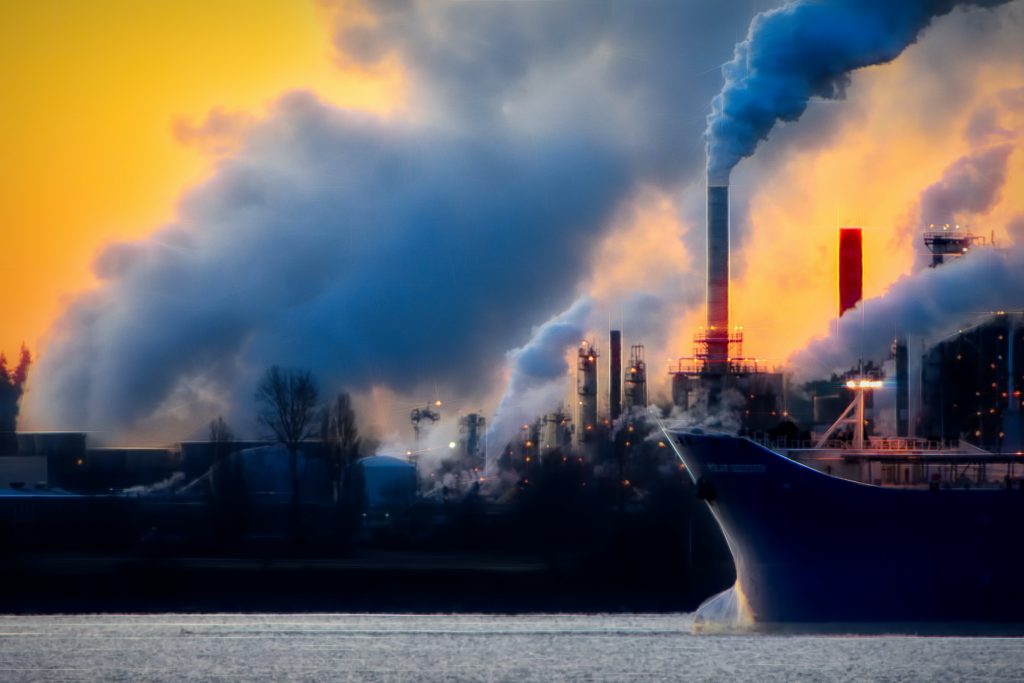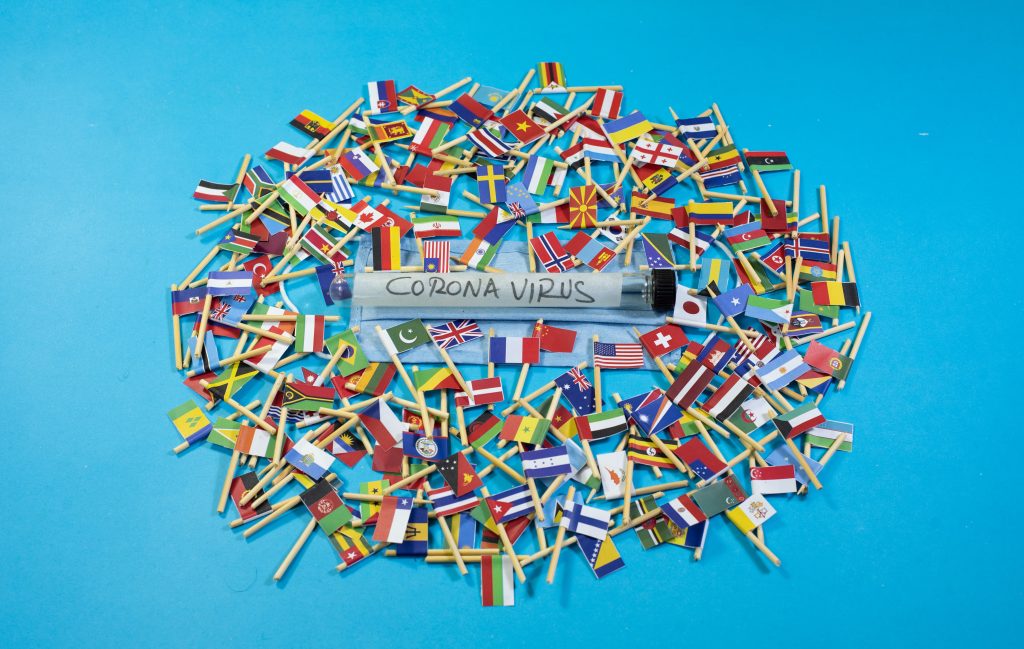New study on the impacts of wildfire emissions on fine particle air pollution in the western US until the end of the 21st century, under different climate change scenarios.
This work highlights the fact that when committing to a particular level of future warming, we are also committing to a particular level of fine particle air pollution. This has to be taken into account when considering mitigation and adaptation strategies.
All sectors / economy wide
The Global Stocktake assesses the world’s collective progress towards achieving the purpose of the Paris Agreement and its long-term goals.
EIFFEL H2020 project offers the EO-based community the ground-breaking capacity of exploiting existing GEOSS and external datasets, with minimal new data collection activities. Added-value services interoperable with GEOSS will be designed, using cognitive search and metadata augmentation tools based on Artificial Intelligence (AI), including Natural Language Processing. These tools will leverage advanced cognitive features to extract meaningful information from and enrich GEOSS metadata.
In the first year of LANDMARC, Bioclear earth led the soil sampling of 2 case studies in the Netherlands related to agroforestry and paludiculture, one case study in Portugal related to pasture and one case study in Kenya related to soil management.
The EU-funded Beyond EPICA project set up a camp at Little Dome C in East Antarctica, with the aim to obtain quantitative, high-resolution ice-core information on climate and environmental changes over the last 1.5 million years
From COP26 in Glasgow, the adoption of comprehensive accounting rules for the international transfer of carbon market units is the most important achievement however it is not in international climate negotiations. ‘Clean Development Mechanism’ or ‘CDM’ allows emission reduction projects to earn certified emission credits, but there are questions if the Article 6 rules are good enough to provide the necessary framework.
There are uncertainties how emission cuts will affect chances of staying with in 1.5°C warming dependent upon how the climate system responds. By looking at the science and models behind COP26 headlines and statements, we better understand our chances of staying within 1.5°C and mitigate risk. ZERO IN reported by the CONSTRAIN project highlights issues
In the Paris Climate Agreement, the five-yearly Global Stocktake (GST) plays an essential role. GST is used to monitor the implementation and progress of the Paris Agreement. Applying the concept of governance functions of international institutions, the policy brief derives the key recommendations to contribute to understanding.
Studies indicate the actual cost of global warming will be highest for the three top emitting countries: China, India and US and with the most to lose from climate change. The cost is higher than first assumed. Many countries have not yet recognised the risk posed by climate change. This study aims at filling this gap and shows mapping of domestic impacts of climate change can help better understand the determinants of international cooperation.
Covid-19 has particularly impacted mobility due to a fall in transport activities. If this fall is to continue is uncertain and what the implications on policy are. However, post-COVID recovery offers a critical policy window for managing adverse effects on energy demand. Strengthening and countering policies for impacts from COVID-19 are discussed and what impact this has on mobility and homes.

